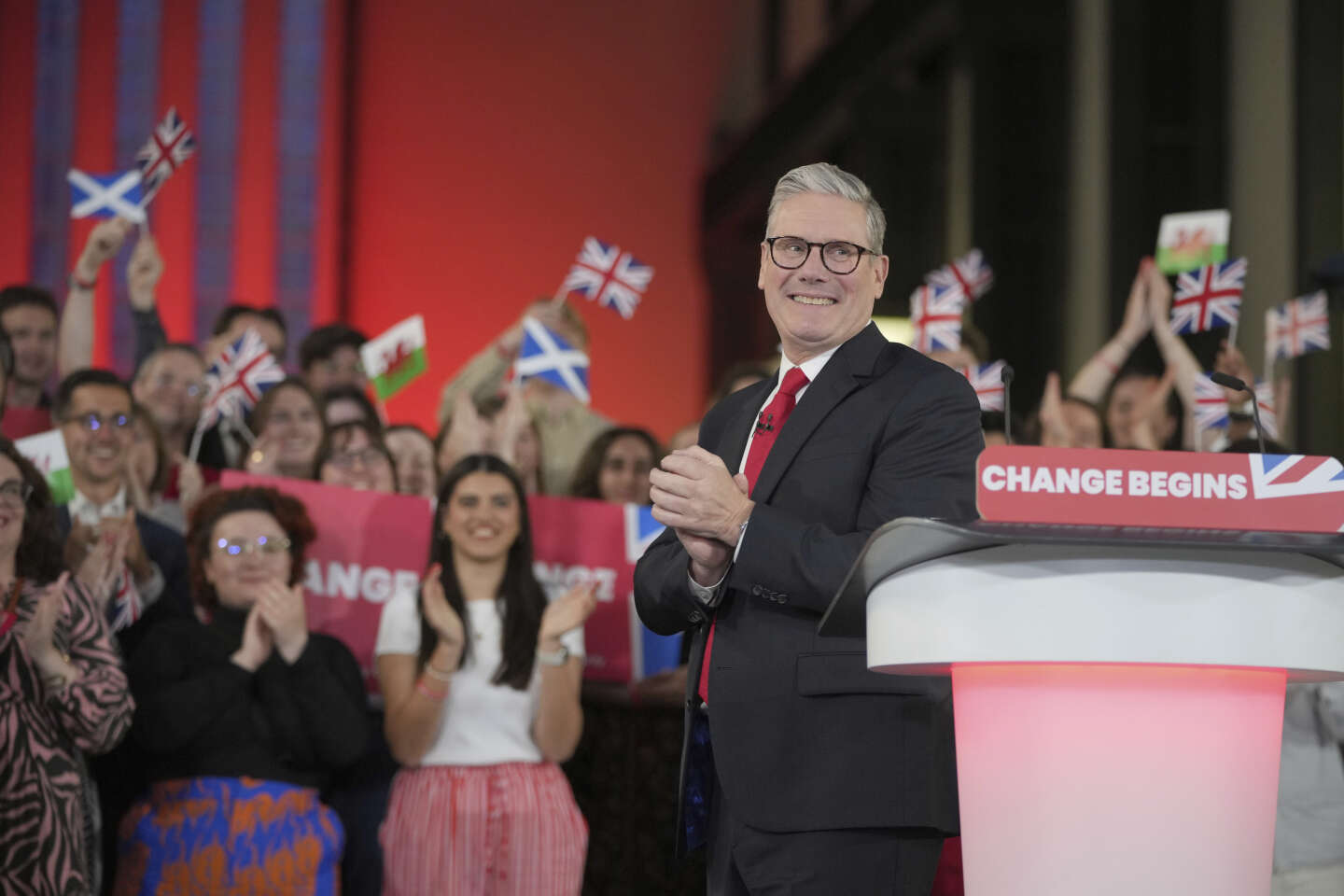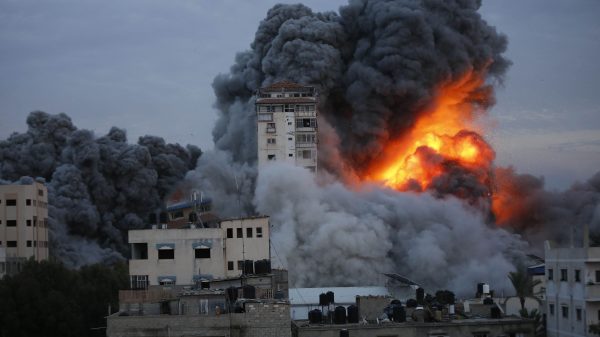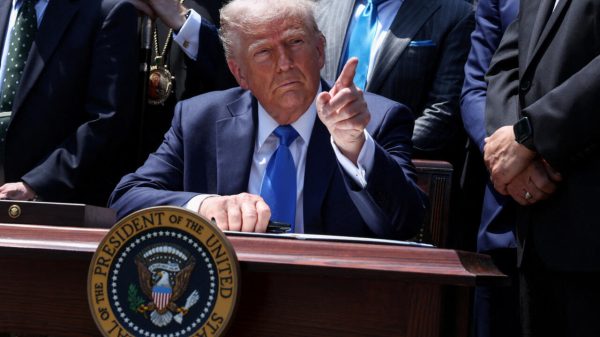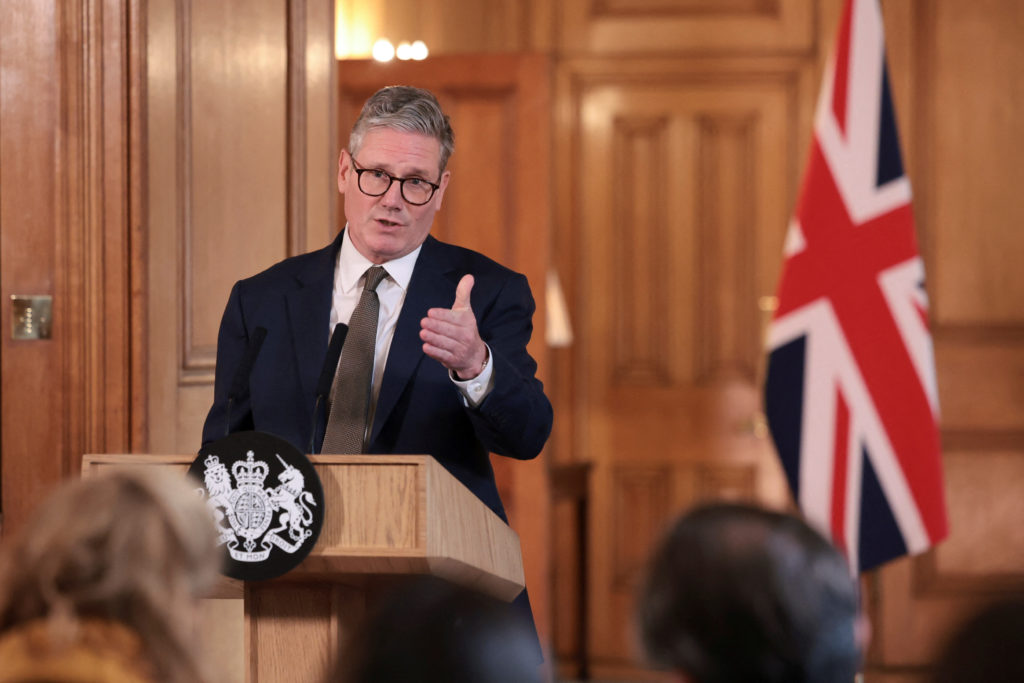Keir Starmer, the new British Prime Minister, faces an immediate and extensive agenda following his election victory. Despite lacking previous government experience, Starmer swiftly assembled a Cabinet, leveraging his Labour Party’s substantial parliamentary majority. His appointments include key figures like Rachel Reeves as Treasury chief and David Lammy as Foreign Secretary.
Internationally, Starmer aims to reassert the UK’s global role, particularly after Brexit strained relations with Europe. He has engaged with world leaders and dispatched diplomats to Europe, emphasizing stability amidst global crises like the conflict in Ukraine and geopolitical tensions.

Keir Starmer
Domestically, Starmer confronts economic challenges, including stagnant growth and healthcare strains exacerbated by strikes. He pledges to address these issues while navigating contentious topics such as immigration policy and climate change commitments.
Starmer’s leadership also seeks to mend post-Brexit relations with Europe, hosting a European summit soon. His approach balances respecting Brexit while easing some trade barriers, avoiding divisive reopenings of past debates.
Starmer’s premiership begins amid high expectations for transformative change, both domestically and on the global stage.











































